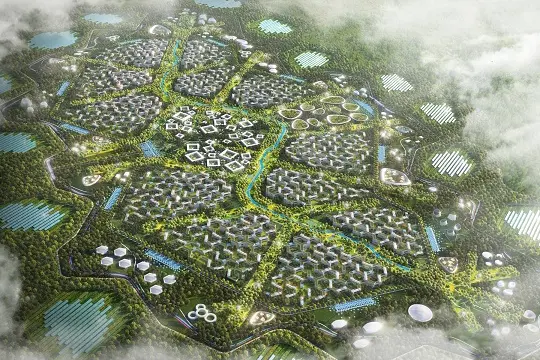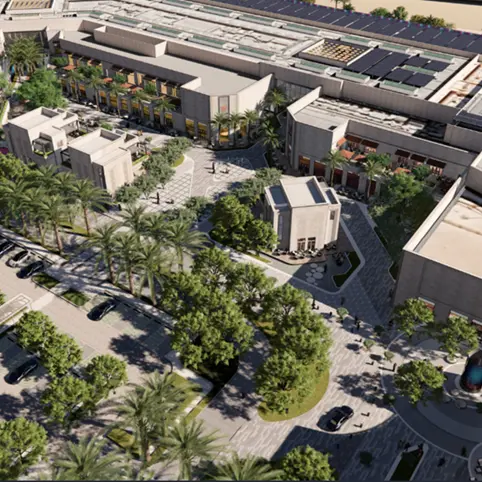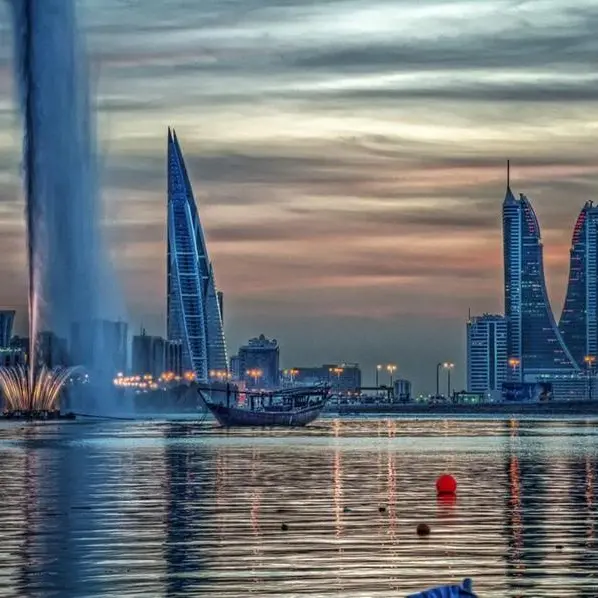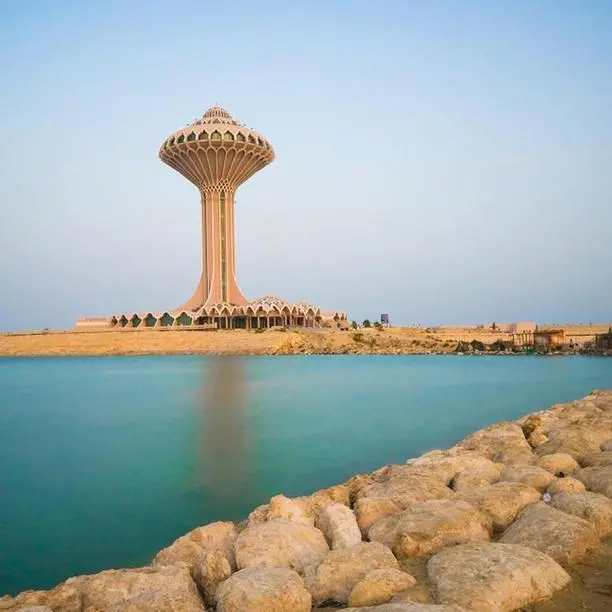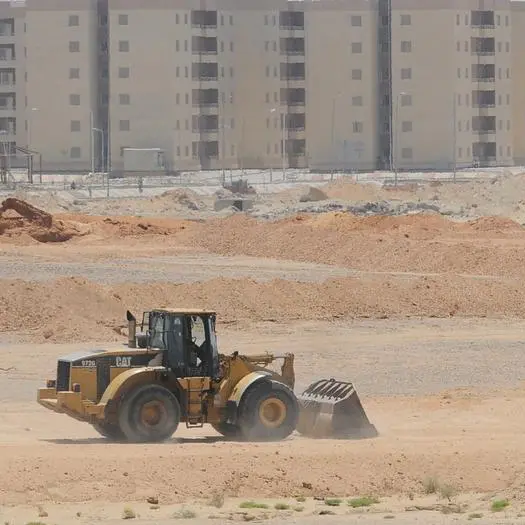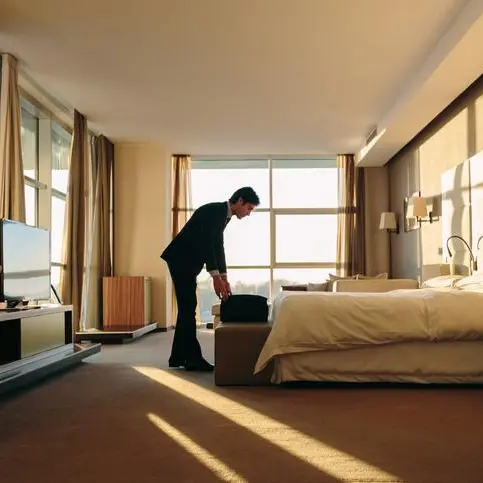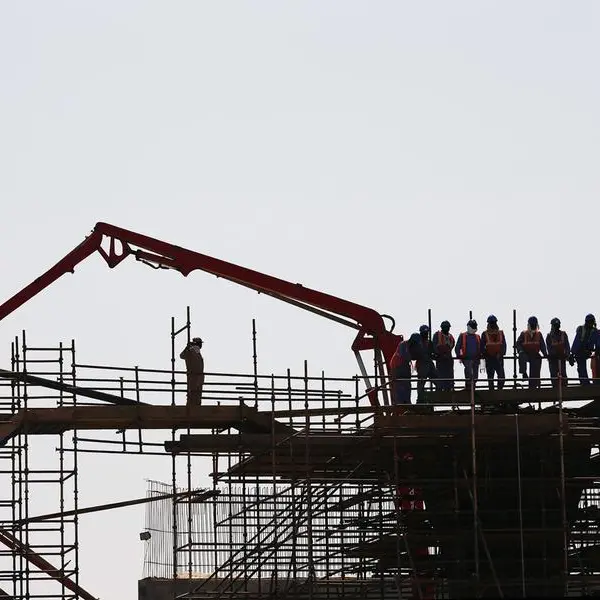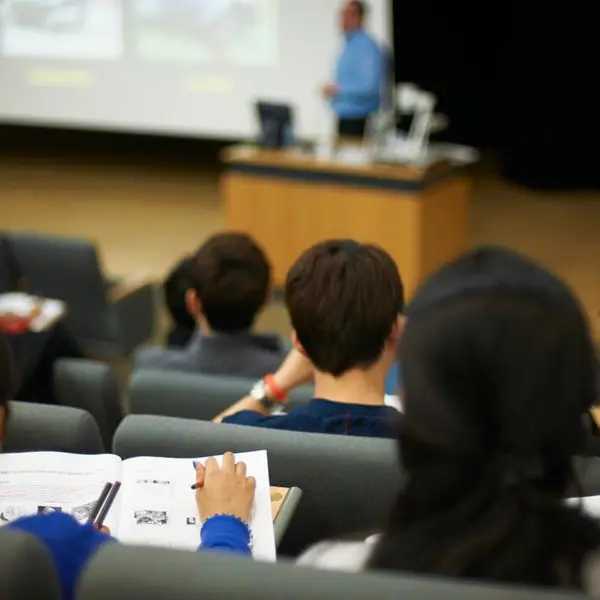PHOTO
Dubai-based URB is planning to start construction of its $20 billion sustainable city, The Parks, in South Africa in the fourth quarter of 2024, CEO Baharash Bagherian told Zawya Projects.
“The first phase of completion is planned by 2030, while the second phase will be completed by 2035,” he said.
URB will disclose details of the tendering process and timelines in the second half of 2023 as the project is currently in the planning stages, Bagherian said.
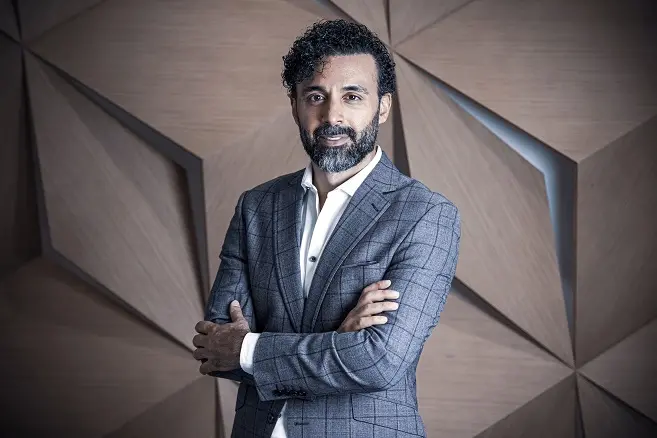

Here are the excerpts from the interview.
What factors drove you to launch a $20 billion sustainable city in South Africa?
Africa is part of our global outlook to investing in sustainable real estate through our sustainable community developments. South Africa is one of several locations that we have identified within Africa. It will provide us with another stepping stone into the continent, following our previous launch of Nexgen in North Africa.
We are in the business of selling a sustainable lifestyle that is equitable for both residents and investors rather than an asset. This factor was a key driver to our decision to launch a sustainable city in South Africa, as the region lacks such an offering. This provides an opportunity for a more equitable real estate model that benefits both the investors and residents in the short and long term.
What will be your biggest challenges in South Africa and how do you plan to overcome them?
As with any sustainable city development in any location, there will be certain challenges in the lifecycle of the development, from planning to construction and operation. During planning, our key challenge will be ensuring strong stakeholder engagement in all aspects of the development. This includes approvals of the planning development guidelines that fit the project’s purpose.
Another major challenge during the planning is to ensure all building materials will be evaluated through life cycle assessments for the lowest carbon solutions. The resilient infrastructure proposed is also a fundamental challenge to optimise during planning to ensure that it can be scalable to the project’s operational timeline and for future expansions.
During the construction stage, the key challenge will be to ensure that the construction of all the project components will meet the highest sustainability standards. This requires awarding contracts with such sustainability standards while ensuring they are actioned and measured through robust monitoring during the construction stage.
The main operational challenge is to ensure that the community becomes a living lab, which means that we don’t build, sell, and leave. We build, sell and thrive together with our tenants and buyers.
What is the status of the master plan?
The master plan design has been finalised by URB’s urban planning and architectural department. We will appoint local companies to assist in the following stages of development.
All the required approvals from the South African government are yet to be formally obtained.
When do you plan to launch the tender for enabling and main construction for the mega project?
We will be disclosing more details of the tendering process and tendering timelines in the second half of 2023 as the project is currently in the planning stages.
The contracts will be open primarily to local companies while providing opportunities for international companies to bridge the gap in the local market through joint ventures.
When do you plan to start construction work on the project? What will be the source of funds?
We aim to start construction in the fourth quarter of 2024 in two phases, with Phase 1 completion by 2030 and Phase 2 to be completed by 2035. This timeline will be confirmed in the second half of 2023.
The development will be funded through three key finances: equity through our partners, debt through local and international banks, and presales.
What new sustainable technologies do you intend to introduce in The Parks?
The city will have integrated technology such as information communication technologies [ICT] and the Internet of Things [IoTs] into its hard and soft infrastructures. These technologies will transform the city’s networks and services into a more efficient, intelligent and collaborative ecosystem.
At a city level, The Parks has a smart grid strategy in various layers such as energy, water, food, waste, air quality, health and well-being to provide resources more efficiently and equitably to residents.
EV charging stations, self-driving cars and solar farms are just some components that will improve connectivity, sustainability, and liveability. The city will also have the most connected mobility strategy, which will be autonomous, shared, and electric.
The Parks will import yet export more renewable energy through a two-way grid system, thus creating a green economy for the city. Homes would be equipped with smart meters, network and security architectures, switching products and routing to create a renewable solar distributed generation grid.
The Parks also embeds sensors within its infrastructure that are connected to the IoTs and can communicate in real time to various components within the city.
The city will adopt the world’s first high-tech scalable FEW+W smart urban farms, which use saline water. In addition to biosaline agriculture, the city provides vertical farms, aquaponics, fish and dairy farms that will be enabled by data science, IoT, AI, and automation and produce high-quality locally grown food.
Ultimately, The Parks will become a living lab, constantly monitoring the services and resources, using AI for predictive analysis, piloting new innovations, as well analysing user feedback in the city to evolve into the smartest city on earth.
(Reporting by P Deol; Editing by Anoop Menon)
